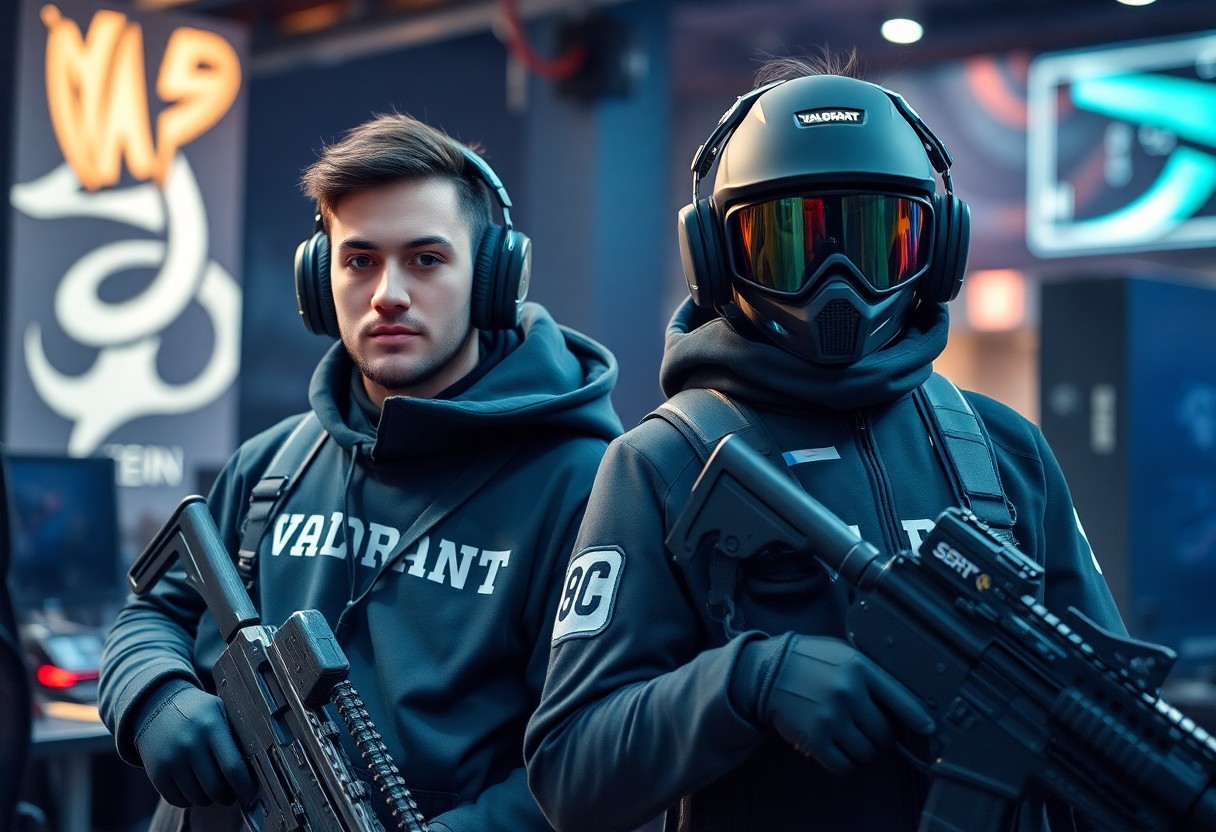There’s a distinct difference between ranked and professional play in Valorant that influences the choice of agents players select. Understanding these differences can help players maximize their effectiveness in either setting. In ranked play, the selection often leans towards agents that offer individual resilience and flexibility, while professional play emphasizes team synergy, strategic depth, and utility. This article will explore some of the best agents for both environments, highlighting the varying priorities of each format.
In ranked play, players often gravitate towards agents who can carry games single-handedly or provide substantial value in terms of fragging potential. One standout agent is Jett, widely favored for her mobility and aggressive playstyle. Her ultimate ability, Blade Storm, allows her to secure multi-kills with precision, making her a favorite for players looking to assert dominance in 1v1 encounters. Another popular choice in ranked is Reyna, whose ability to heal herself after securing kills creates opportunities for “fragging out” and making clutch plays. Agents like these allow players to take matters into their own hands, which can be particularly beneficial in solo queue environments.
On the other hand, professional players tend to opt for agents that provide profound utility and can complement the team’s overall strategy. Controllers like Omen and Astra are utilized frequently in the competitive scene. Omen’s ability to obscure vision with his smokes and teleport around the map adds a layer of unpredictability that professional teams can exploit. Astra, with her celestial powers, can manipulate the map in ways that create tactical advantages for her team in coordinated settings. These agents facilitate communication and teamwork, imperative elements in seizing control of the game’s pacing.
In terms of duelists, Phoenix has emerged as a solid choice in professional play due to his self-sustain and map control capabilities. His ability to heal himself while pushing into a site allows him to take calculated risks, a behavior that peeks the interest of proactive players in high-stakes matches. The synergy Phoenix creates with controller agents can lead to valuable entry fragging, crucial for team success in organized play.
Support agents like Sage hold varying levels of importance in both environments but shine significantly in professional settings. The ability to resurrect a fallen teammate can change the tides of a round, making her indispensable in coordinated plays. Sage’s ability to slow down pushes and heal allies makes her an anchor in strategic team compositions. In ranked matches, however, players may sometimes overlook her utility in favor of more aggressive choices.
Ultimately, the choice of agents in Valorant greatly depends on the context of the game. In ranked situations, players lean more toward individual skill and versatility, picking agents that can take control of fights. In professional play, the focus shifts to agents that can optimize team communication and enhance strategic execution. Understanding the dynamics of these two environments allows both casual and competitive players to make better decisions, improving their performance and enjoyment of the game.




